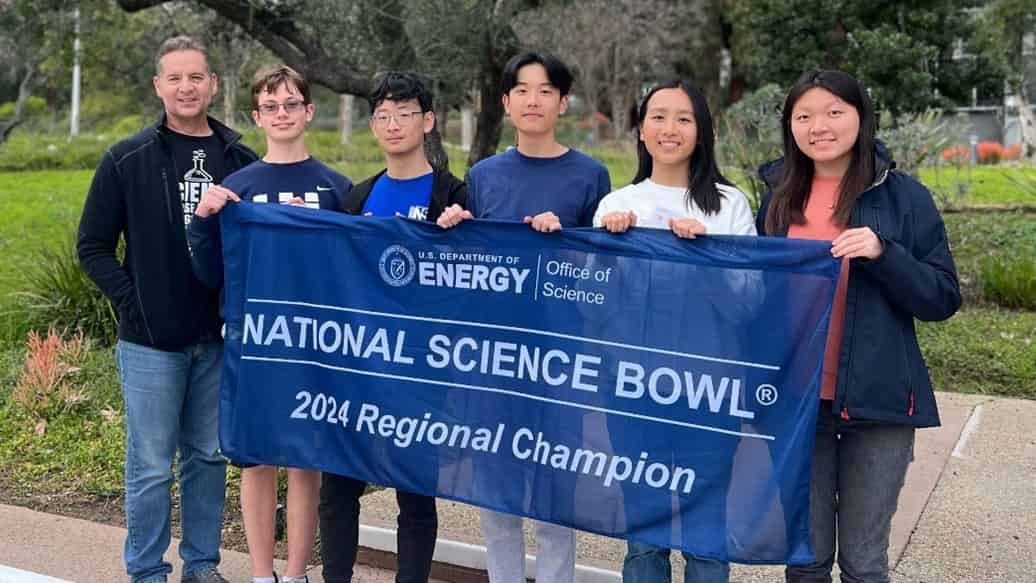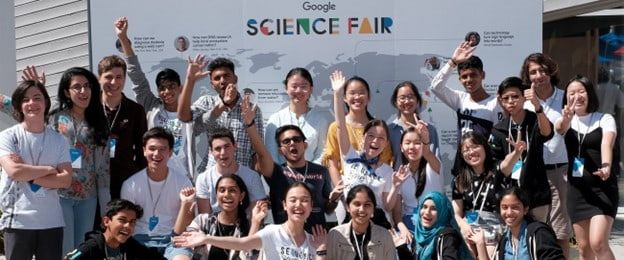The Intel Science and Engineering Fair is an international competition every student wants to participate in. Students can enter several categories including data science, computational biology erasing the barriers to exhibit their work and learn from successful participants. More information is available on the Intel ISEF homepage.
Engaging in
data science competitions enables the application of learned concepts in tackling real problems of a variety of datasets. Such an approach avails learning through practice which involves experimentation, fixing issues and finding solutions to challenges.
Including projects from competitions in your portfolio showcases your practical skills and can significantly enhance your college applications. Highlighting these projects demonstrates your ability to tackle real-world challenges effectively.
Participation in competitions offers the chance to converse with persons who have similar interests, possible guides, and even personnel from the industry. Nurturing these relationships carries long-term advantages in helping you advance within the data science society.
Data science competitions foster critical thinking and analytical abilities, exposing you to various tools and techniques. They improve your capacity to solve complex problems, making you more adept in the field.
Participating in data science competitions sharpens your skills and opens doors to exciting opportunities!
Reading about high school students who have succeeded in significant data science competitions can be incredibly inspiring. Their interviews and stories provide valuable insights into their experiences and strategies, offering a roadmap for your journey in data science.
Successful participants often share what worked for them and what didn’t. Their advice can be a powerful guide, helping you avoid common pitfalls and adopt effective strategies in your competition endeavors.
Begin by researching competitions specifically for high school students. This can be done through online searches and by exploring educational platforms. To stay informed about upcoming competitions and receive support, join online communities and forums related to data science. These communities are invaluable for updates, tips, and connecting with peers and experts who can offer guidance.
A strong math, statistics, and programming foundation is crucial for success in data science competitions. Use online resources and courses on Coursera, Khan Academy, AIBrilliance, and YouTube to build this foundational knowledge. These resources offer comprehensive tutorials and lessons to help you develop the necessary skills.
Balancing schoolwork and competition preparation can be challenging, so effective time management is critical. Create a schedule that allocates sufficient time for your academic responsibilities and competition projects. This will help ensure that you are well-prepared and able to perform your best in both areas.
Exceptional data science projects created by high school students often stand out for their creativity, problem-solving, and innovation. Exploring these projects can spark new ideas and inspire you to think outside the box.
Competitions encourage you to embrace unique ideas and explore unconventional approaches in your projects. This fosters a creative mindset that is crucial for innovation in data science.
Understanding how competition experience has shaped the career paths of successful students can be incredibly motivating. It demonstrates the real-world impact of participating in data science competitions and can inspire your aspirations.
Getting involved in data science competitions early can have lasting positive effects on your future studies and professional growth. The skills and experiences gained can set a strong foundation for a successful career in data science.
Several online learning platforms assist aspiring data scientists in beginning their journey. There are websites such as Coursera, edX, AIBrilliance, and Udacity that have a range of courses ranging from beginner to advanced levels including a few targeted towards high school students. These platforms offer holistic learning which encompasses the basics of data science and more advanced aspects making them perfect for those students aiming to lay a strong foundation.

It can be very helpful to find a mentor when it comes to understanding the intricacies of data science competitions and pursuing a career in the same field. One can seek these types of mentors in schools, online and local programs focused on STEM education. A competent mentor is instrumental in providing information, encouragement, and assistance to students in a way that helps them persevere and make sound choices.
The benefits of being a member of data science clubs at school are numerous. Such associations create a conducive environment for teamwork towards projects and collaboration of ideas to foster learning among members. Moreover, engaging in activities with global or local students’ associations such as the Data Science Student Society, provides chances to network, participate in conferences and other resources which enrich their learning experience.
To summarize, taking part in the data science competition is one of the best things that a high school student interested in the field can do. Websites such as Kaggle or Data Camp, as well as some local science contests provide fun and stimulating competitions aimed at a specific audience, high school students. Such competitions sharpen the analytical and problem-solving abilities of the students and expose them to working with real data.





